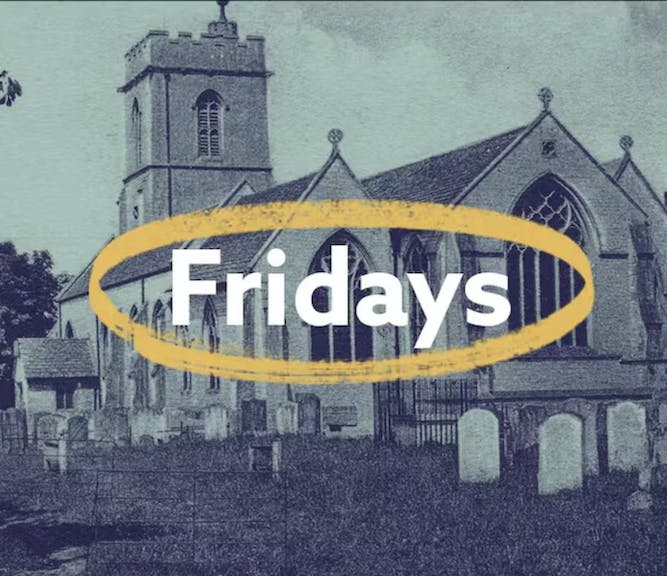The 'Downton Abbey' effect: A tip for navigating class systems in your family history research
2-3 minute read
By The Findmypast Team | February 21, 2012
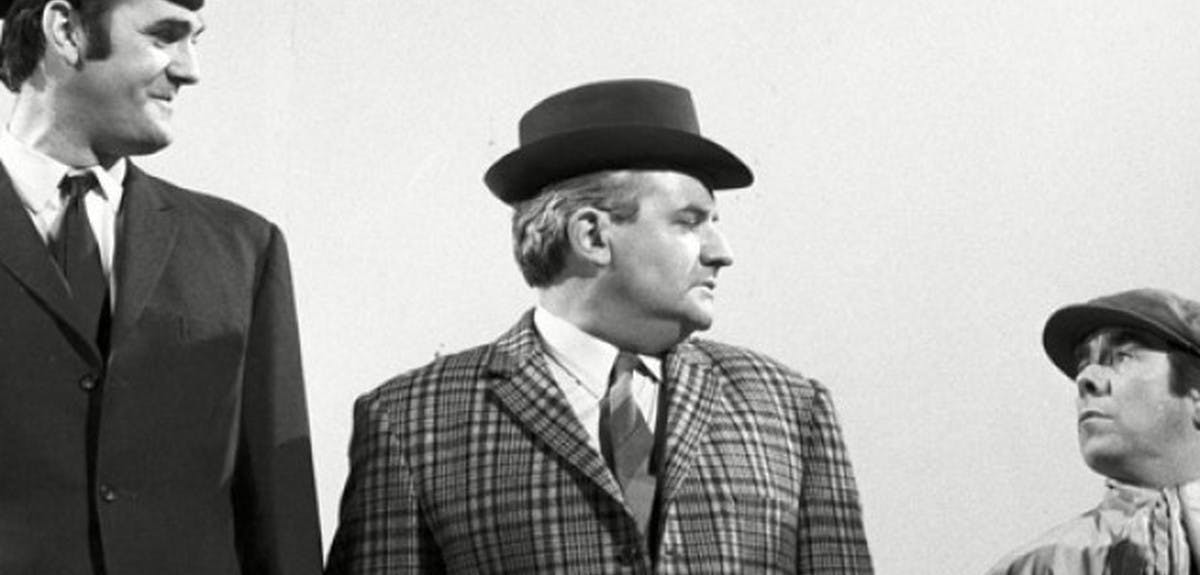
This week Eneclann's Research Director, Fiona Fitzsimons, explains why, when researching your family history, you have to allow that in times past social practices were very different.
In the 21st century our ideal is equality. We strive for egalitarianism on the understanding that we are all born equal. In the past however, social inequality was not only accepted as 'the way things are' but was even considered to be 'the way in which God has ordained society'.
However much you dislike this old class system, you can't discount it during your genealogical research. For instance, the family background of your ancestor(s) - whether they were small-holders, merchants, strong-farmers, gentry, or aristocrats - will determine which records you search to find relevant records.
"Whether your ancestors were small-holders, merchants, or aristocrats will determine which records you search to find relevant records
[](span)
"
Even more importantly, the economic class into which a person was born will often also determine their age at first marriage and when their children were likely to have been born. As a rule of thumb, genealogists and historians take a generation as being 30 years. However, among the aristocratic classes, the daughters that married and the eldest son who was due to inherit everything, usually married relatively early – in their early to mid-twenties. There was no reason for them to wait since they already had the resources to support a family either through marriage or inheritance and so they did not have to put off having a family until they had established a career.
Conversely younger sons who had to pursue a career would marry later, but many daughters of these families never married, because their family lacked the resources for a dowry.
The marriage pattern of the aristocracy contrasts with that of the merchant and artisanal classes who tended to marry later, the men in their early to mid thirties, and women in their late 20s.
"The marriage pattern of the aristocracy contrasts with that of the merchant and artisanal classes who tended to marry later
[](span)
"
In Ireland, in the aftermath of the Famine, the rural working classes married even later again, the men often in their late 30s, 40s or even older, and women in their 30s.
In Ireland the disparity in age at time of first marriage, between different economic classes, meant that as a rule of thumb you will find more 'generations' among the rich. To give a concrete example, when we researched “
Where Was Your Family During the Famine?" we researched the different life-experience of a wealthy aristocratic family (the Guinness family), with that of a family of rural labourers (John Waters family). One of the unexpected things we found was that between the 1830s and the late 20th Century, the Guinness family managed to squeeze an extra two generations than the Waters family, simply because the Guinnesses married early and had their children young, and the Waters family married late.
Class can also be a useful signifier, helping you to distinguish one man from his doppelganger in a historic document or parish register. For example, in an 18th or 19th century record, the use of 'Esq.' (Esquire) after a man's name indicates he enjoyed a certain status above the mere 'misters'.
So, although the idea of a class system may not appeal to us nowadays, it is something that you need to consider during your research, and which can help you to understand more about your ancestors and their lives.
Discover more expert tips
Related articles recommended for you
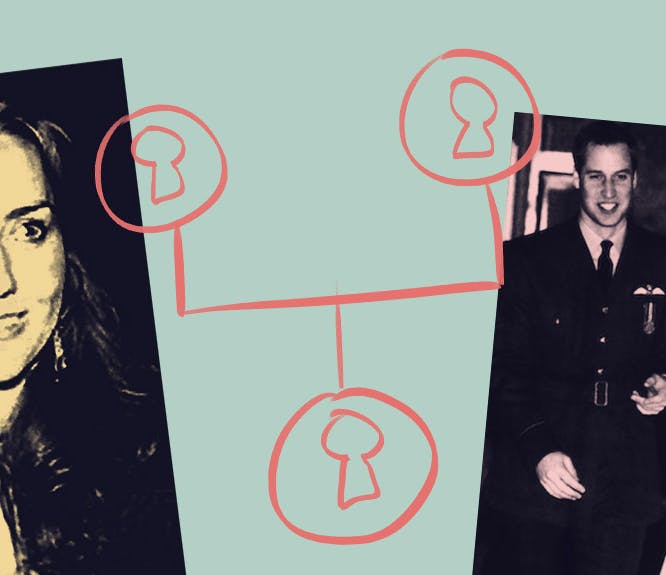
Labourers and landed gentry: Kate Middleton’s family tree
Discoveries
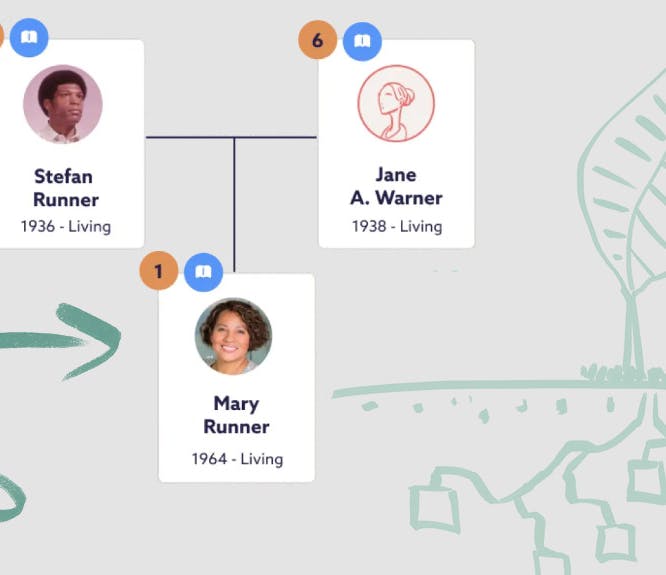
Using hints and historical records: how to grow your family tree
Build Your Family Tree
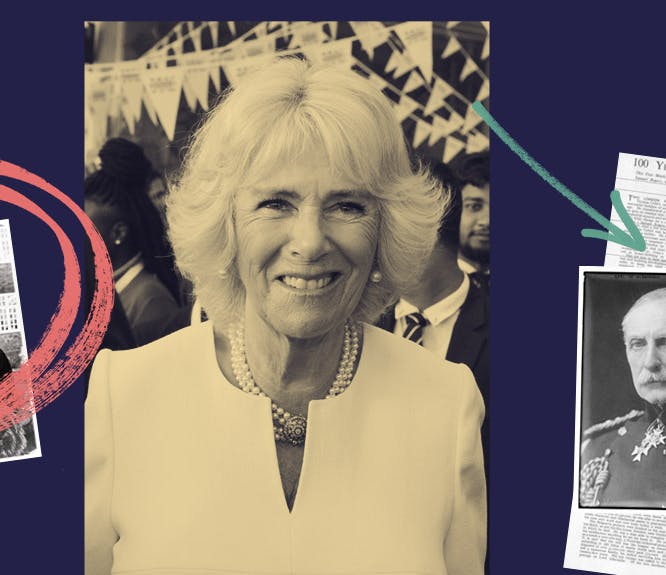
Aristocratic blood and surprising celebrity connections: Queen Camilla’s intriguing family history
Discoveries
